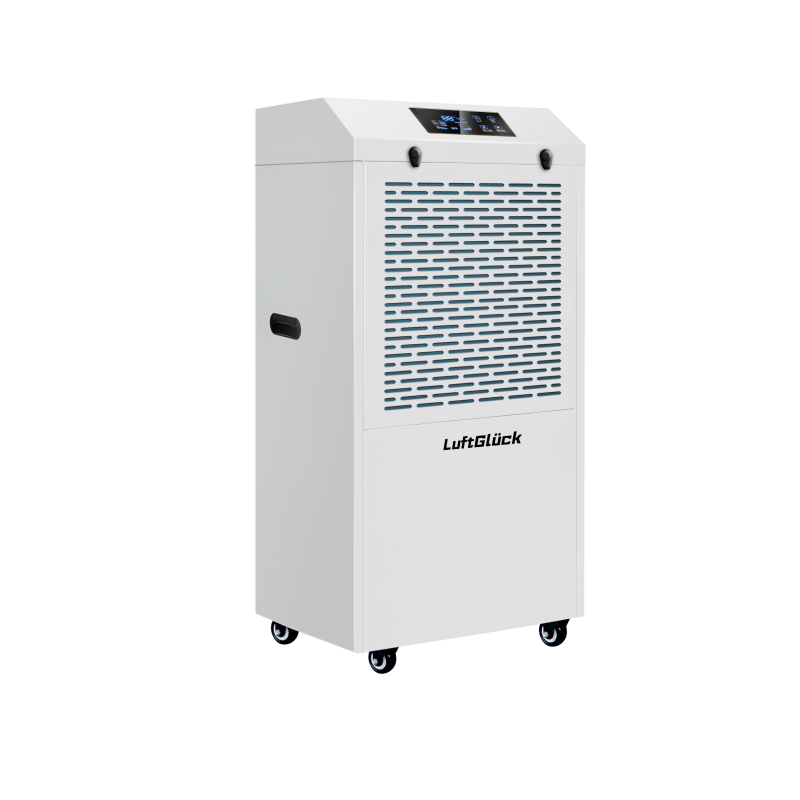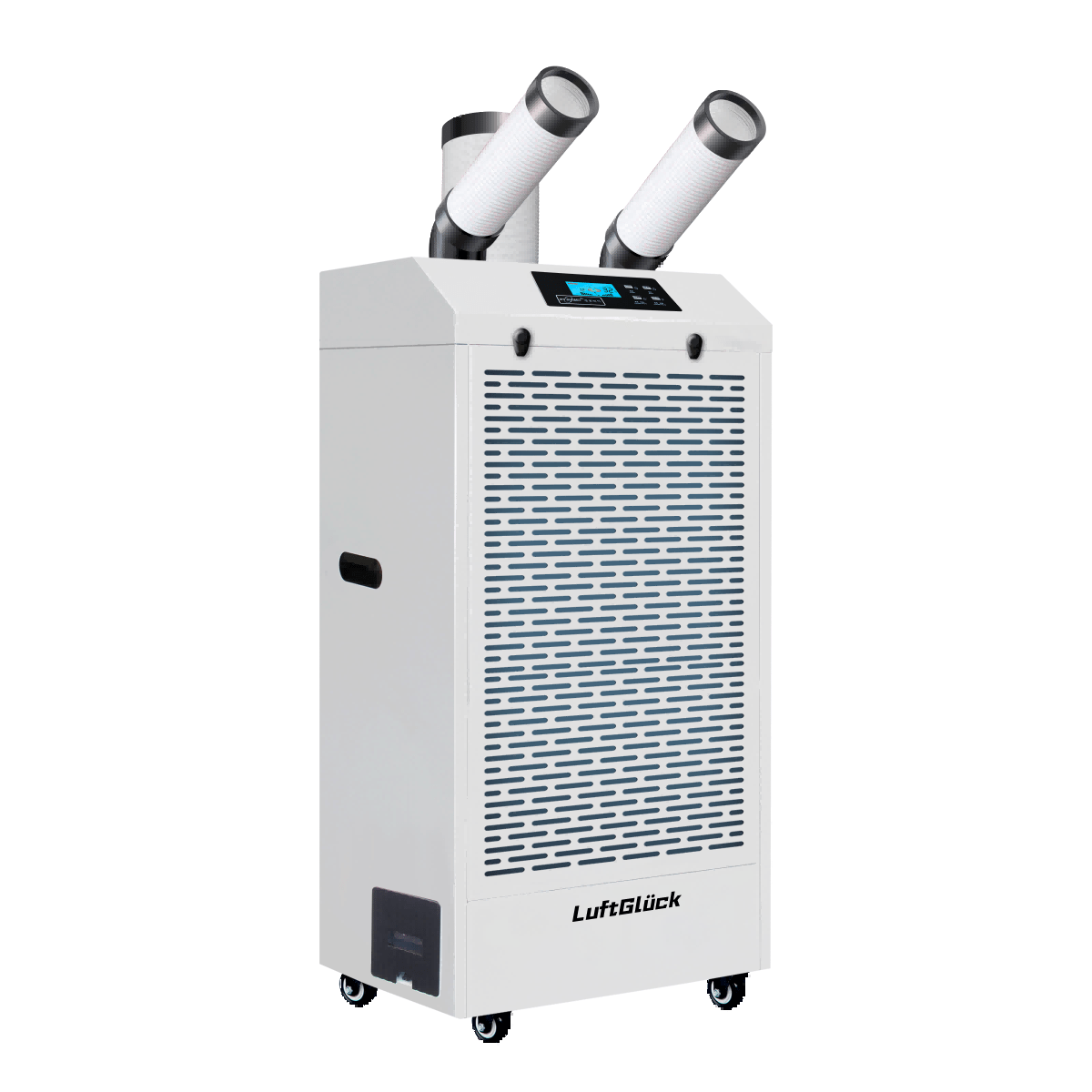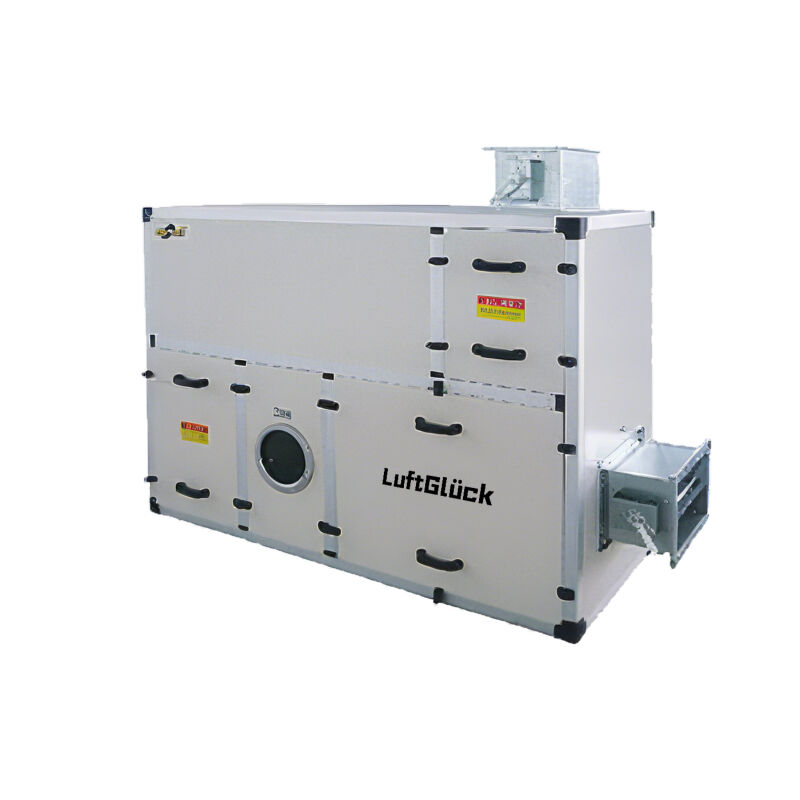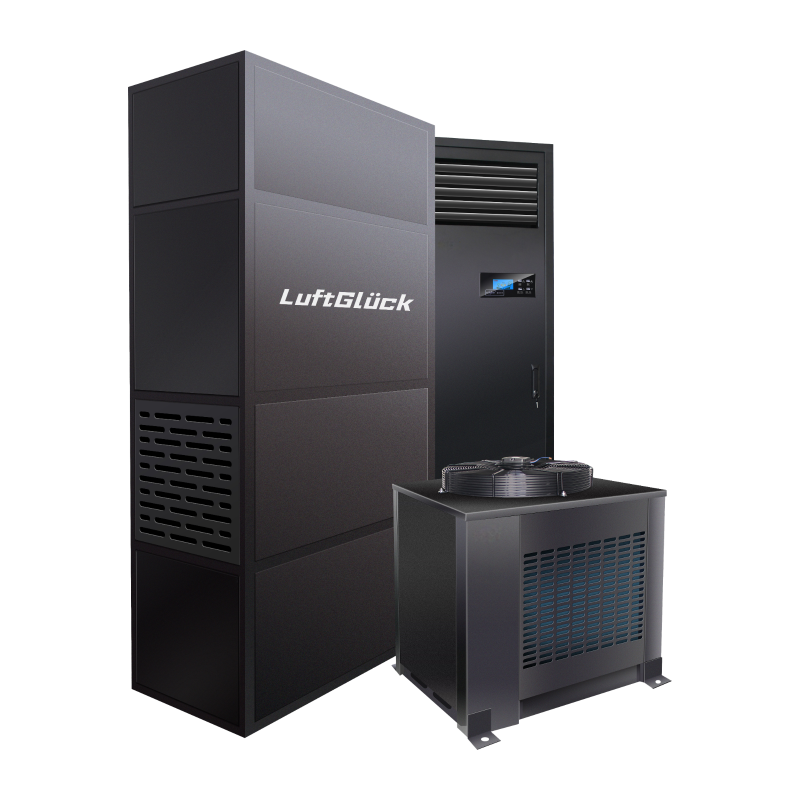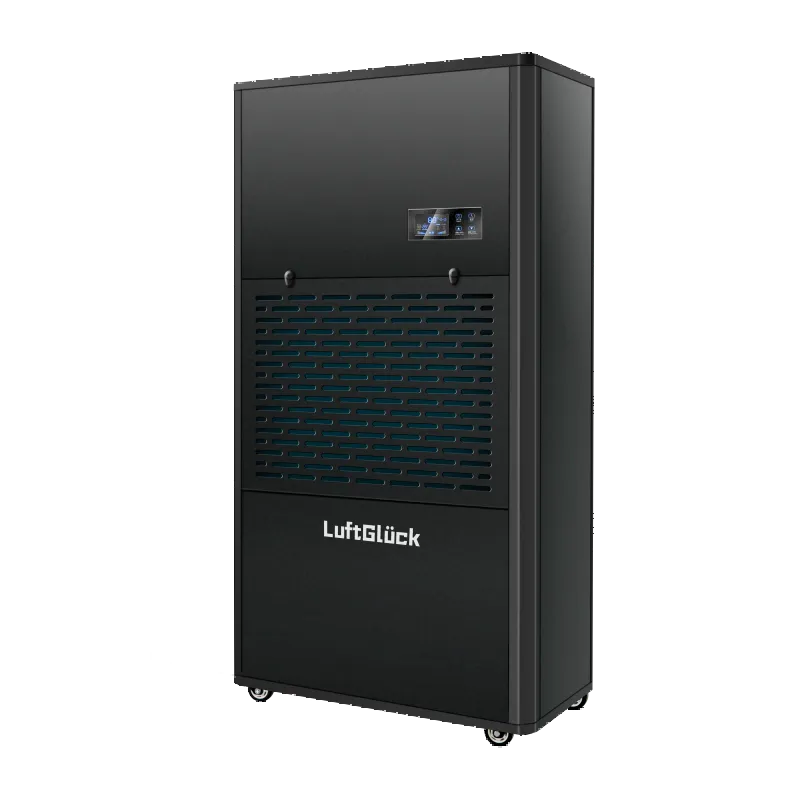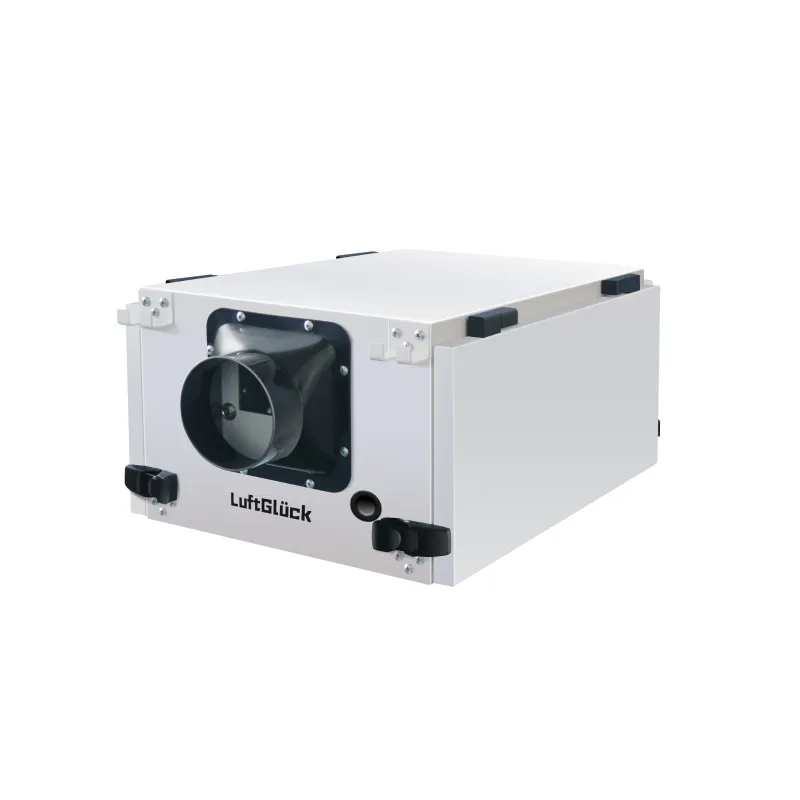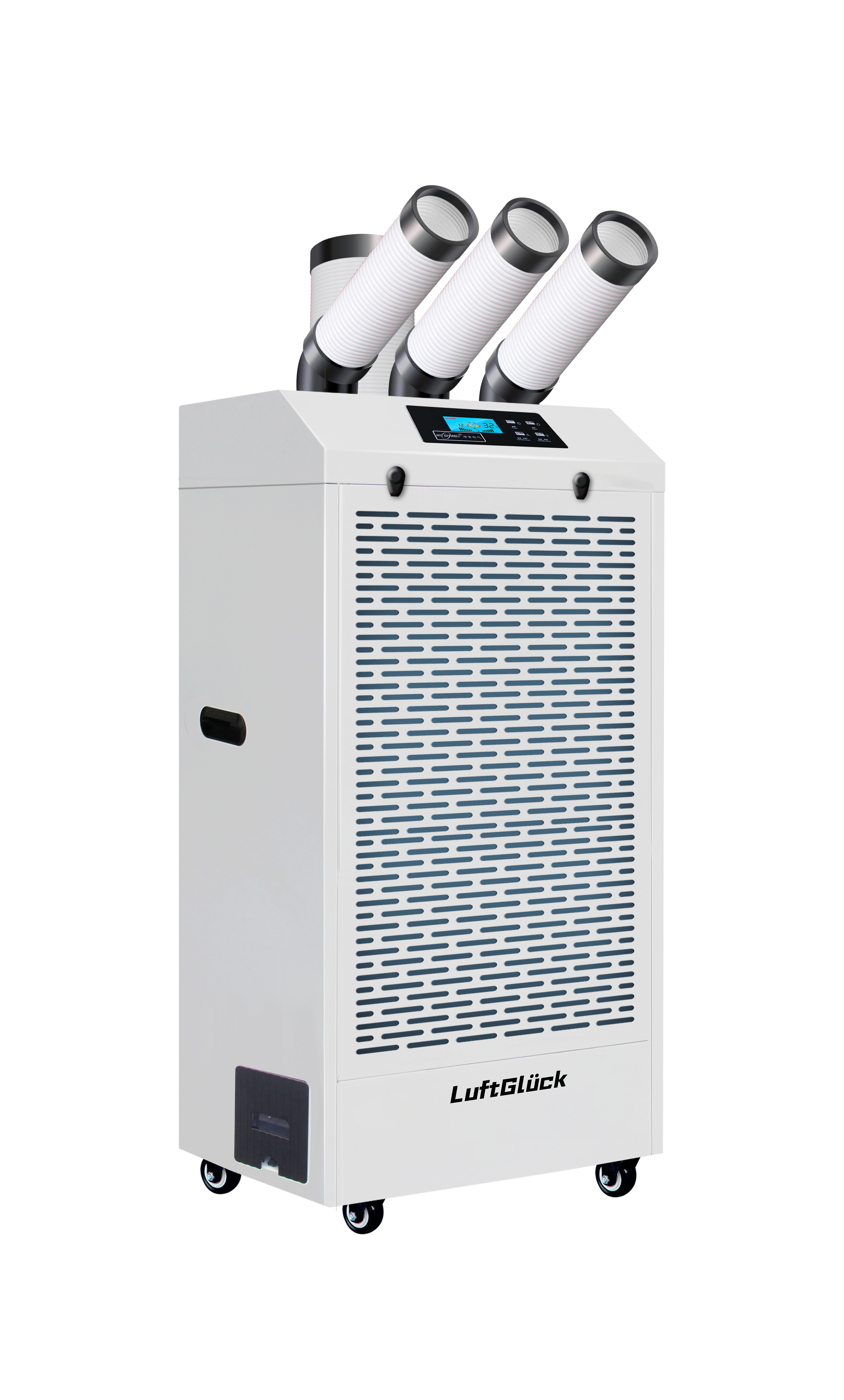temperature and humidity regulation for agriculture
Temperature and humidity regulation in agriculture represents a critical system for optimizing crop growth and maximizing yields. This sophisticated technology combines sensors, control systems, and environmental modification equipment to maintain ideal growing conditions throughout the cultivation cycle. The system continuously monitors atmospheric conditions, using precision instruments to measure temperature variations and moisture levels in both the air and soil. Advanced controllers process this data in real-time, automatically adjusting ventilation systems, heating elements, misting devices, and dehumidifiers to maintain optimal conditions. The technology includes features such as programmable setpoints, zone-specific control, and smart scheduling capabilities that adapt to different growth stages and crop requirements. In greenhouse applications, these systems can integrate with automated shade screens, irrigation systems, and CO2 enrichment equipment for comprehensive climate management. The technology also supports remote monitoring and control through mobile applications, allowing farmers to manage their growing environment from anywhere. This system proves particularly valuable in controlled environment agriculture, including indoor farming, vertical farming, and traditional greenhouse operations, where precise environmental control directly impacts crop quality and yield.

